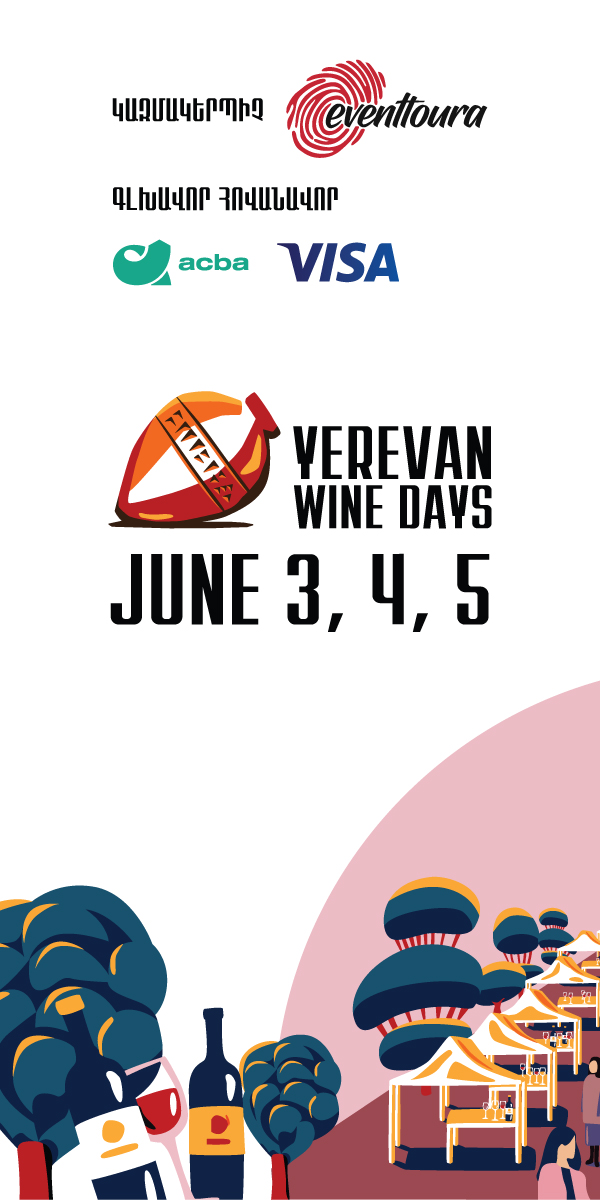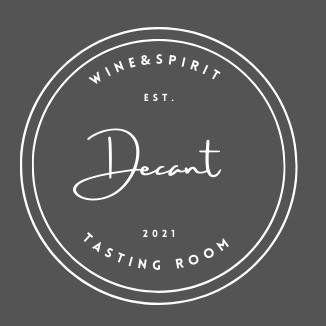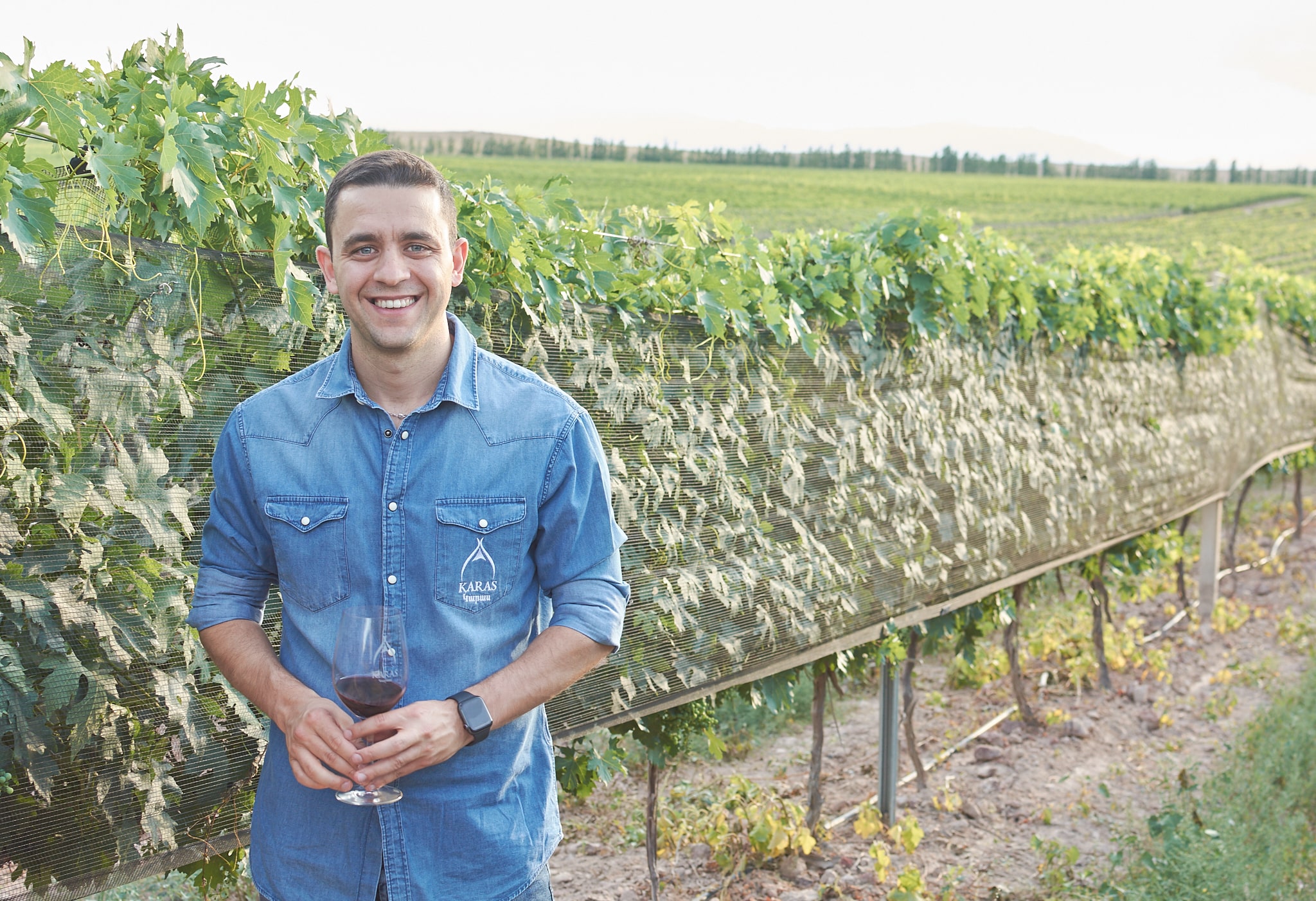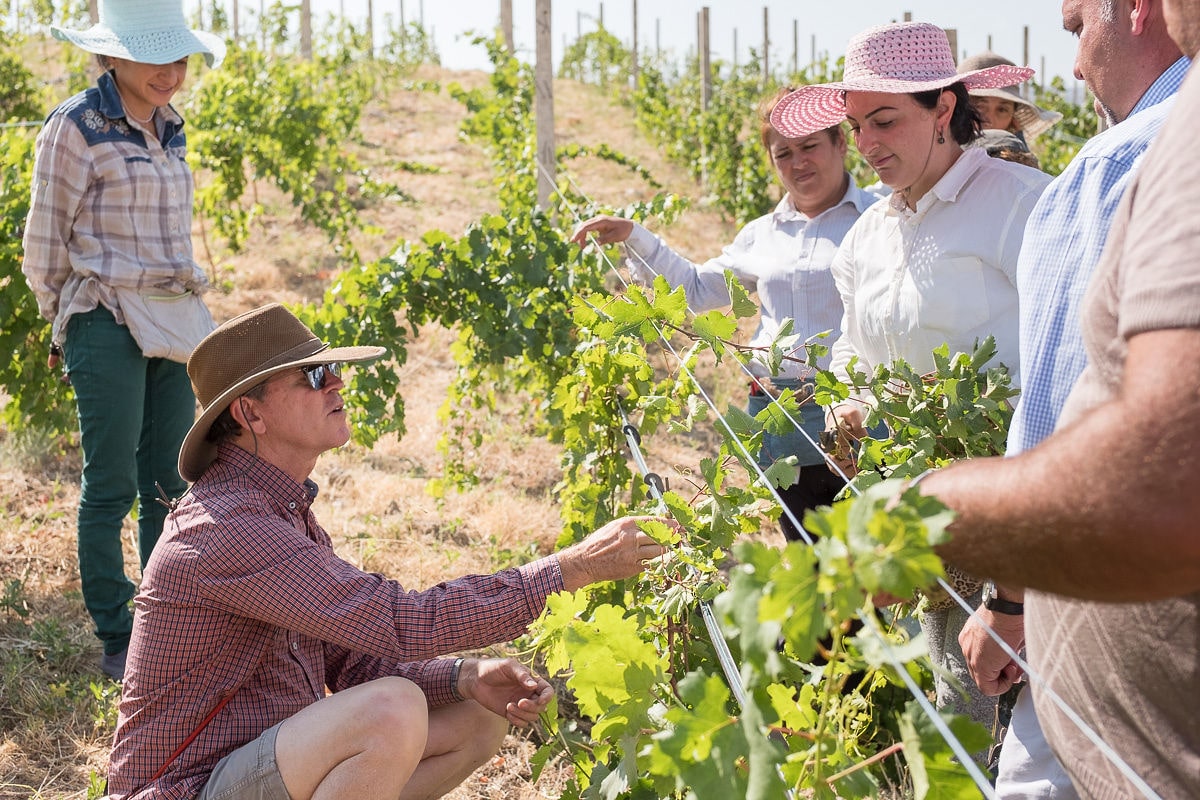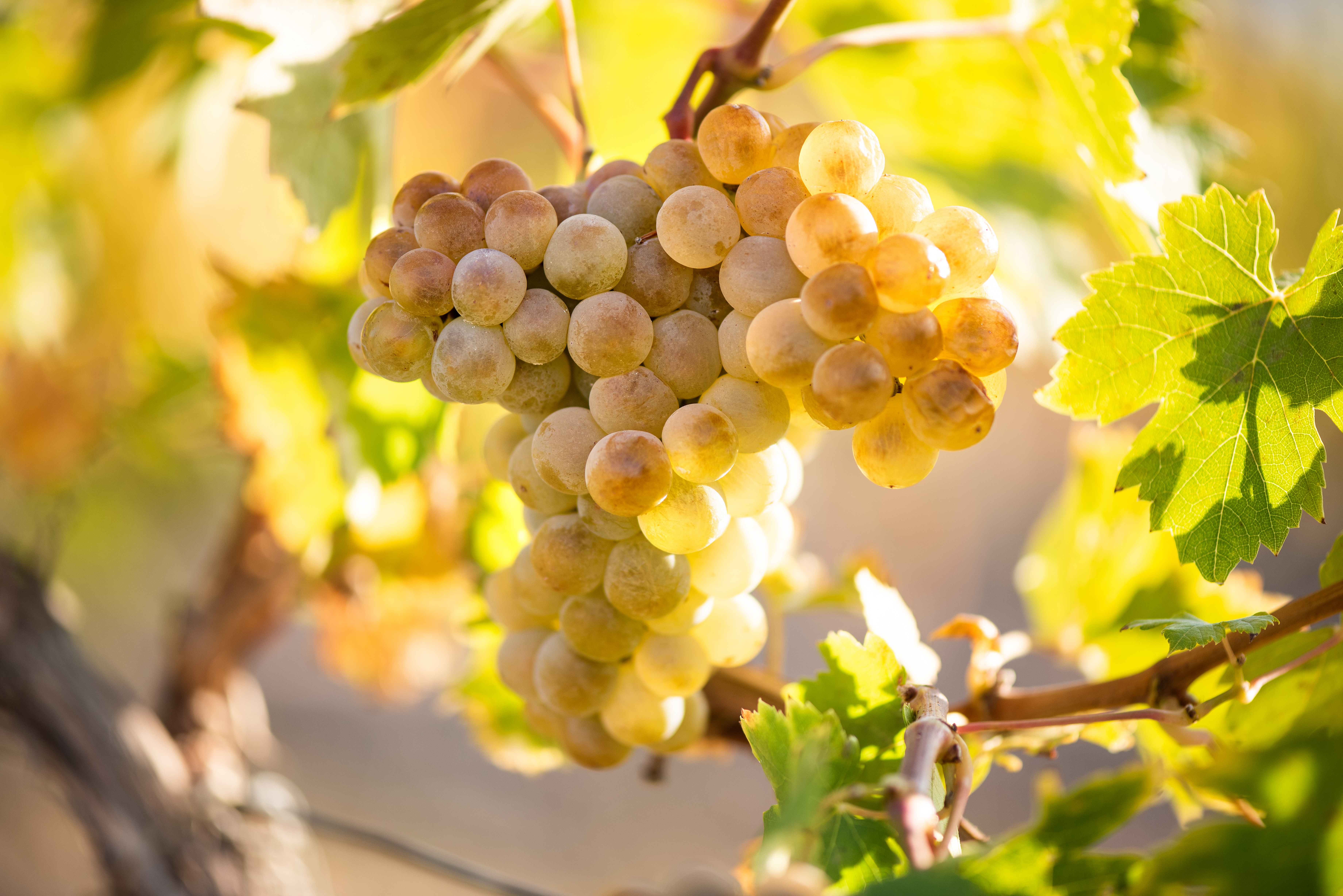Momik WineCube: The New Face of Wine Tourism in Armenia
- By Kyle Khandikian
- Translated by
- 11 August, 2022
The village of Areni in Armenia’s Vayots Dzor Province has become synonymous with Armenian wine. Throughout the year, local grape growers sell their homemade wines on the side of the main highway that winds alongside the Arpa River. But most of their grapes are sold to large wineries for 80 cents per kilogram, just a fraction of the final price of a bottle.
One kilometer from the main road is Momik WineCube, a tasting room doing things differently. Nver and Narine Ghazaryan, its operators, have gone from selling their grapes to using them to produce their wine brand, Momik. Today they’re welcoming international guests for tastings and selling Momik Wines in stores and restaurants in Yerevan. It’s a big leap for the husband and wife team, but one that is transforming their lives and the industry for the better.
-min.jpg) Photo courtesy of ONE Armenia
Photo courtesy of ONE Armenia
From Farm To Bottle
The Momik Wines brand and WineCube are the results of collaboration. In the spring of 2017, the founder of WineWorks, Vahe Keushguerian, came up with a concept to ensure the growing industry does not leave behind local grape growers. WineWorks is a winery incubator offering winemaking and viticulture services based in Yerevan.
During the same time, ONEArmenia approached WineWorks to work on a project. Together they created the Farm-to-Bottle campaign with a simple idea: give grape farmers with an entrepreneurial spirit the tools they need to establish their wine brands. To do this, WineWorks would provide a loan in the form of quality wine made from grapes from their vineyards and a tasting room on their property. In addition, Wineworks provides viticulture training, branding of the products, and distribution.
Once bottled and labeled, the farmers showcase their wines at their WineCubes, designed by Yerevan-based architectural design firm DZ Studio. Most sales would take place at the WineCubes to repay the loan and re-invest profit to grow Momik Wines.

To make all this possible, ONEArmenia brought its community of 100,000 supporters worldwide to fund Farm-To-Bottle. The project also received support in the form of a grant from the Private Sector Development and Technical Vocational Education and Training South Caucasus (PSD TVET) program implemented by GIZ on behalf of the Federal Ministry for Economic Cooperation and Development (BMZ) of Germany. As a result, by the fall of 2017, Farm-To-Bottle was fully funded and could support two grape-growing families and their WineCubes.
About Momik Wines
Momik Wines is the first brand to be born out of Farm-To-Bottle. Its operators, Nver and Narine, are natives of Areni, and both come from grape-growing families. “Back in the early 1990s, after the collapse of the Soviet Union, it was difficult to find wine. One New Year’s Eve, we had no wine at home to drink. My aunt told me that a local of Areni cannot live without a bottle of wine at home. Her words convinced me to continue the family trade.”
Momik WineCube is located in their 1,500-square-meter vineyard. From the WineCube’s terrace, Areni’s 14th-century church can be seen perched atop a hill in the distance. The Holy Mother of God Church in Areni was designed by the medieval architect Momik, who also designed the region’s more well-known Noravank Monastery. Narine traces her family lineage back to Momik himself, which is where their wine gets its name.
-min.jpg) Photo courtesy of ONE Armenia
Photo courtesy of ONE Armenia
Momik WineCube opened its doors to visitors in 2018. Then, WineWorks organized a tasting in Yerevan to introduce Momik’s red, white, and rosé wines to the local market. Their wines are now sold at wine bars like In Vino and Wine Republic and on restaurant lists throughout Saryan street.
Nver and Narine are changing the face of wine tourism in Armenia with their WineCube. One of the first guests at Momik, assistant professor of law at Clarkson University Joseph Andriano, described his visit as “a one-of-a-kind way to experience extraordinary wines while surrounded by the natural beauty of the Areni region of Armenia.”
-
21 December, 2022
-
15 December, 2022
-
30 November, 2022
-
26 August, 2022


